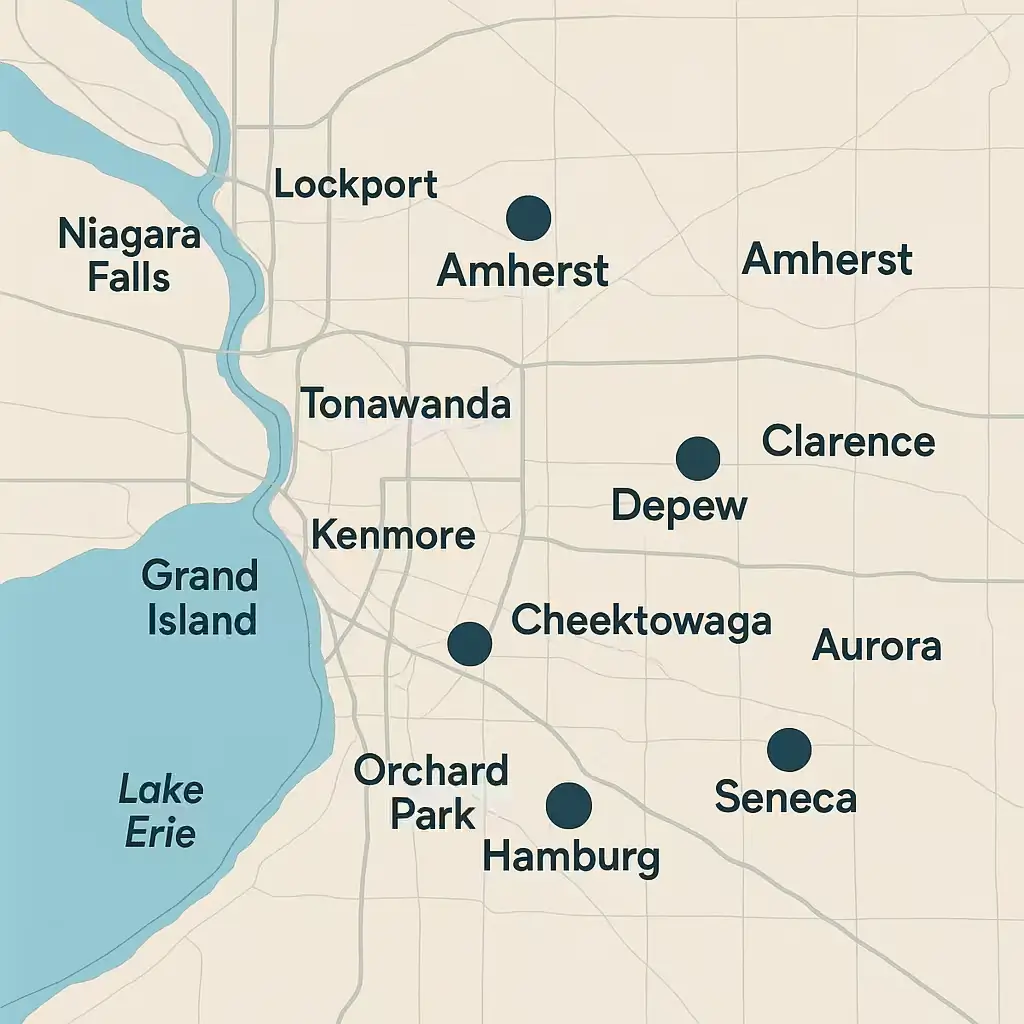Locksmithing is the science and art of making and defeating locks. Locksmithing is a traditional trade and in many countries requires completion of an apprenticeship. The level of formal education legally required varies from country to country—from none at all, to a simple training certificate awarded by an employer, to a full diploma from an engineering college, in addition to time spent working as an apprentice.
A lock is a mechanism that secures buildings, rooms, cabinets, objects, or other storage facilities. A “smith” is a metalworker who shapes metal pieces, often using a forge or mould, into useful objects or as part of a more complex structure. Thus, locksmithing, as its name implies, is the assembly and designing of locks and their respective keys by hand. Most locksmiths use automatic and manual cutting tools to mould keys, most of which are power tools powered by electric battery or mains electricity.
Locks have been constructed for over 2,500 years, initially out of wood and later out of metal. Historically, locksmiths would make the entire lock, working for hours hand-cutting screws and doing much file-work. Lock designs became significantly more complicated in the 18th century, and locksmiths often specialized in repairing or designing locks.
Although fitting of keys to replace lost keys to automobiles and homes, and the changing of keys for homes and businesses to maintain security is still an important part of locksmithing, locksmiths today are primarily involved in the installation of higher quality lock-sets and the design, implementation, and management of keying and key control systems.
Locksmith Specialisations
Most locksmiths also do electronic lock servicing, such as making smart keys for transponder-equipped vehicles and the implementation and application of access control systems protecting individuals and assets for many large institutions. Many also specialise in other areas such as:
Regulation by Country
In Australia, prospective locksmiths are required to take a Technical and Further Education (TAFE) course in locksmithing, completion of which leads to issuance of a Level 3 certificate, and complete an apprenticeship. They must also pass a criminal records check certifying that they are not currently wanted by the police. Apprenticeships can last one to four years. Course requirements are variable: there is a minimal requirements version that requires fewer total training units, and a fuller version that teaches more advanced skills but takes more time to complete. Apprenticeship and course availability vary by state or territory.
In Ireland, licensing for locksmiths was introduced in 2016, with locksmiths having to obtain a Private Security Authority license. The Irish Locksmith Organisation has 50 members with ongoing training to ensure all members are up-to-date with knowledge and skills.
In the UK, there is no current government regulation for locksmithing, so effectively anyone can trade and operate as a locksmith with no skill or knowledge of the industry.
Fifteen states in the United States require licensure for locksmiths. Nassau County and New York City in New York State, and Hillsborough County and Miami-Dade County in Florida have their own licensing laws. State and local laws vary by jurisdiction.


